Probiotics With Prebiotics
)
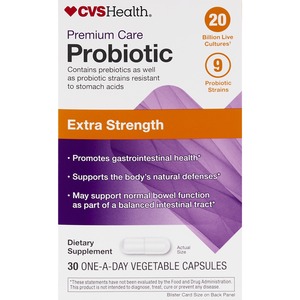)
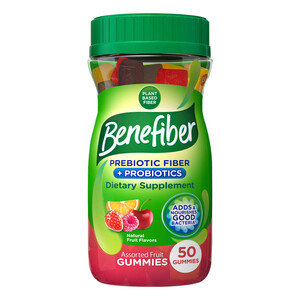)
)
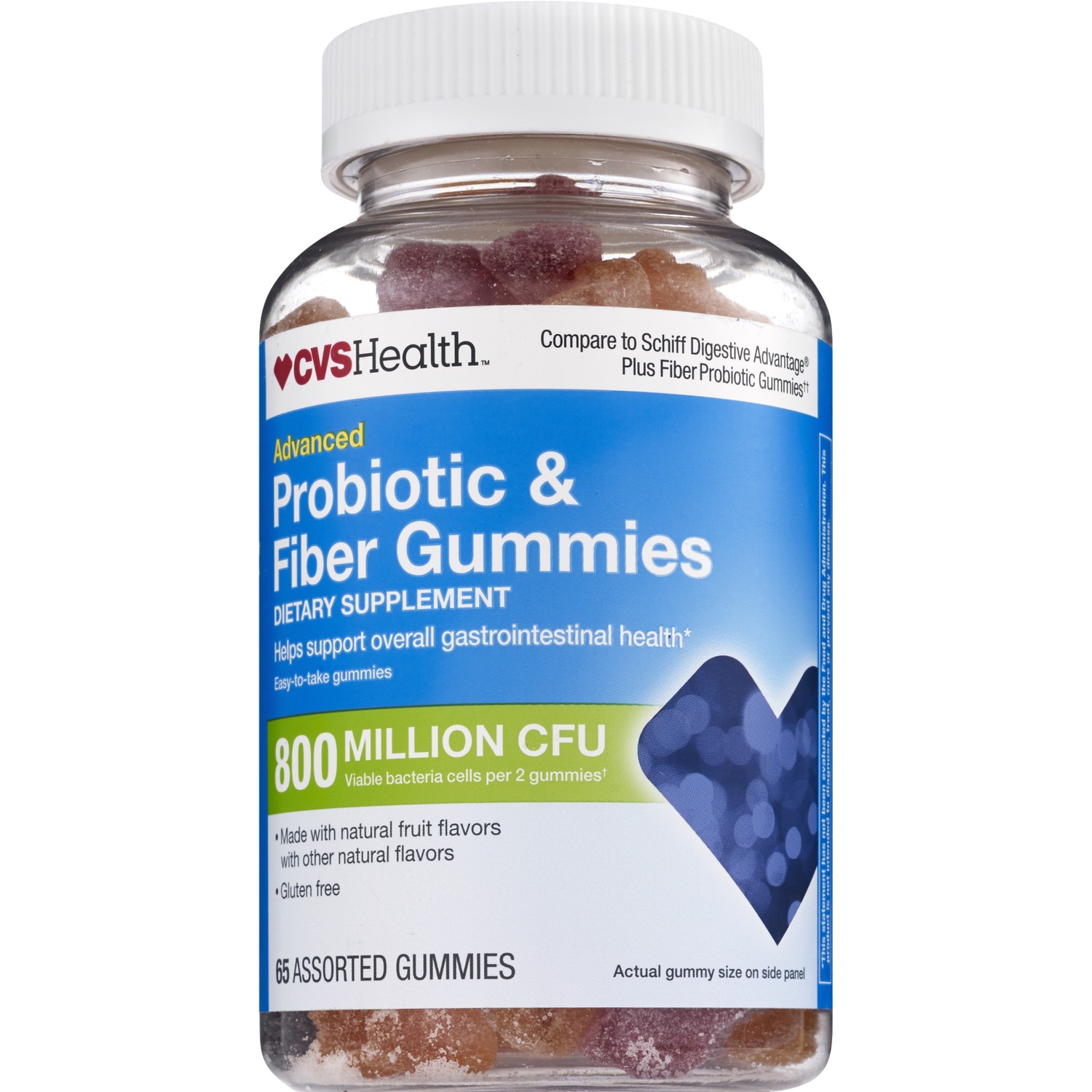)
)
)
)
)
)
)
)
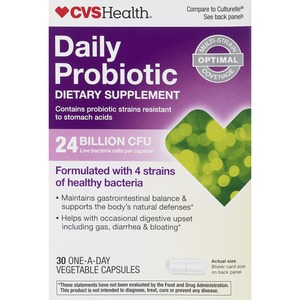)
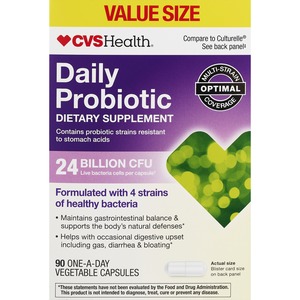)
)
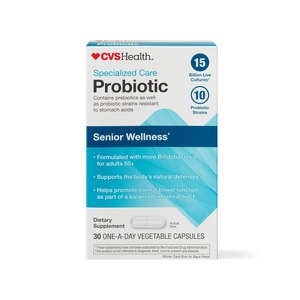)
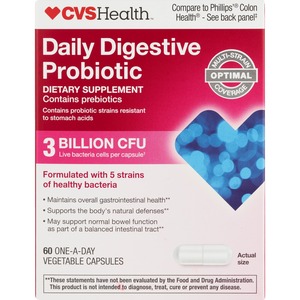)
)
)
Probiotics and Prebiotics for Healthy Digestion
Probiotics with prebiotics work together to help keep your gut bacteria balanced and assist in many aspects of health. You'll find probiotics with prebiotics supplements come in a variety of forms, including tablets, vegetarian capsules and gummies.
Probiotic and Prebiotic Combinations and Blends
Due to the benefits of combining probiotics and prebiotics, many products now feature both for convenience. The probiotics in these products aid digestive health, so they can help relieve bloating, constipation, diarrhea and other digestive complaints. Probiotics may also support mood, skin health and mental performance.
Prebiotics, on the other hand, help probiotics work better by encouraging good bacteria to thrive. This effect isn't just limited to the bacteria in the supplement. Prebiotics also support your existing gut flora by providing the right nutrients for them. They're like a multivitamin for your microbiome.
What Is the Difference Between Prebiotics and Probiotics?
Probiotics are good strains of bacteria. They're bacteria normally found in your digestive tract or known to have beneficial effects on its function. Most strains are lactic acid bacteria or bifidobacteria, typically the most common strains found in healthy fermented foods, such as yogurt and kimchi.
Prebiotics are usually types of fiber or carbohydrates. Inulin, a soluble fiber, is one of the most common prebiotics used in supplements. Good bacteria feed on nutrients such as inulin, helping maintain a healthy bacteria population throughout your digestive tract. This is why taking prebiotics and probiotics together is potentially more effective.
Can You Take Prebiotics and Probiotics Together?
You can take prebiotics and probiotics together. In fact, it's usually more beneficial, since it can help the good bacteria reach your gut intact and grow properly. You can take probiotics and prebiotics separately, or you may find a combination product more convenient. Pairing these supplements with a diet rich in whole grains and vegetables may help produce the best results overall.
Besides helping you get more benefits from your probiotics, prebiotics are beneficial in their own right. Like other types of fiber, some prebiotics may help with blood sugar control, nutrient absorption and regular bowel movements. They also help relieve constipation and may reduce the risk of colon cancer.
)


